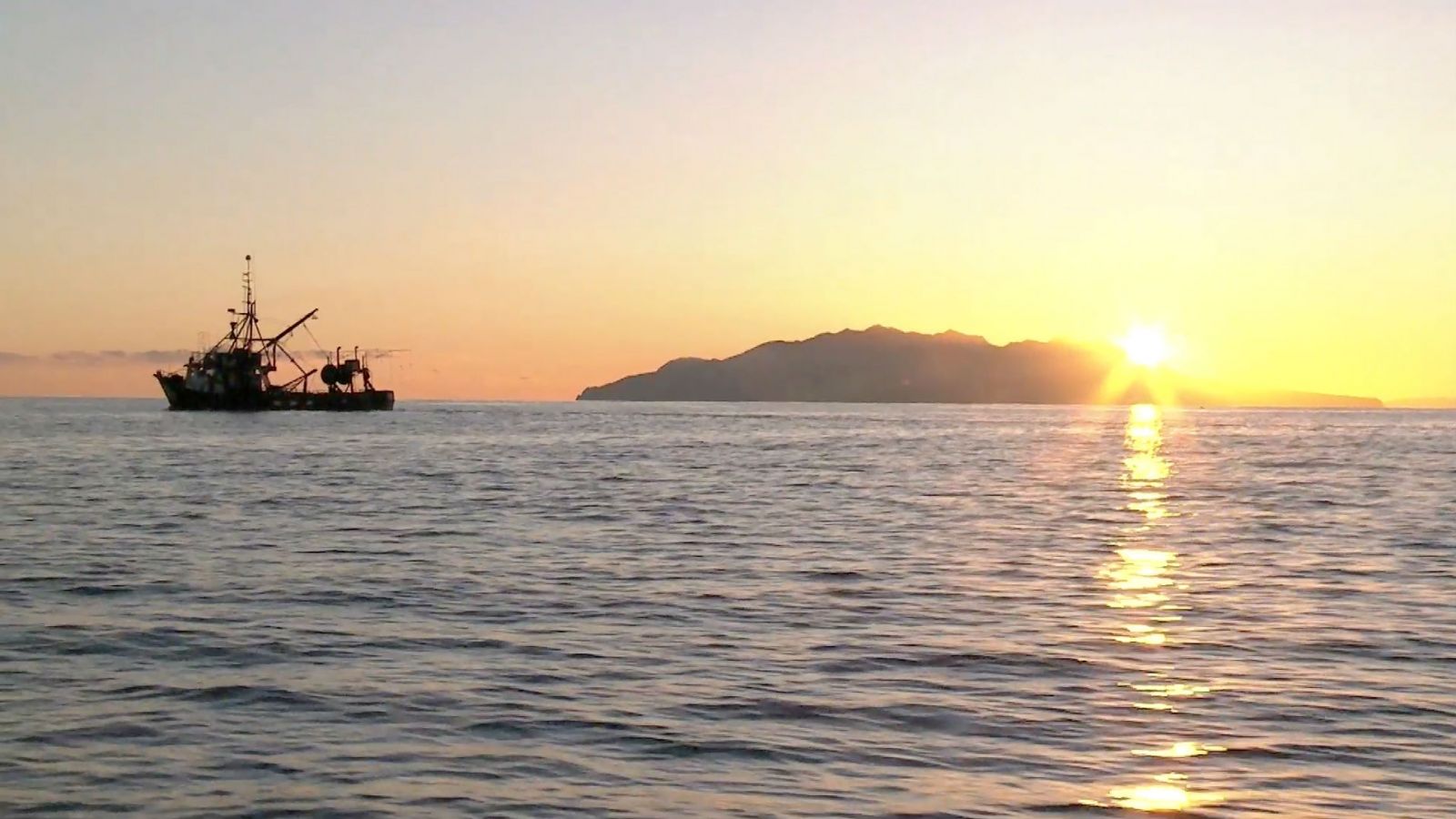New Zealand Fishing Companies to Monitor Themselves

Greenpeace has revealed that the seafood company Sanford, and several other large New Zealand fishing companies, own the entity to which the country’s Ministry for Primary Industries recently awarded a contract to install cameras and to electronically monitor fishing at sea.
In response to Greenpeace criticism, Sanford says the environmental organization should be supporting not attacking the industry as it is investing to ensure it has the best technology, monitoring and research available.
Fox Guarding the Hen House
“This is like the fox guarding the hen house,” says Russel Norman, Executive Director of Greenpeace New Zealand. “The government has awarded the contract to monitor fishing companies to an entity owned and controlled by the very same fishing companies.
Trident Systems, the firm that won the contract for electronic monitoring, is a limited partnership. Its general partner is a company called Trident Systems General Partner Limited, which is 42 percent owned by a wholly owned subsidiary of Sanford. This Sanford subsidiary is also a limited partner in Trident Systems. The remainder of the shareholders and limited partners in Trident are made up by a selection of other New Zealand fishing and seafood companies.
“This is especially troubling,” says Norman, “because three separate Ministry of Primary Industries’ investigations have indicated Sanford were either engaged in potentially illegal activities or the vessels supplying them were engaged in potentially illegal behavior.
“We’ve now seen several leaked Ministry of Primary Industries investigation reports that variously found that fishing companies were not reporting all of the fish they caught, misreporting fish weight, discarding huge amounts of dead fish and not reporting dolphin deaths.”
Greenpeace says Trident’s registered office is the same as that of Seafood New Zealand (Seafic), a powerful seafood industry funded lobby group. It is also the address of FishServe, an administrative support service for the fishing industry, owned by Seafic. Seafic are also contracted to provide administrative support for Trident.
Norman says that since the release of a University of Auckland catch reconstruction report a series of troubling facts suggest the Ministry for Primary Industries has repeatedly failed to prosecute Sanford. The release of the report saw academics, environmental NGOs, recreational fishing groups and Matt Watson, host of the ITM Fishing Show, calling for Ministry of Primary Industries to be investigated.
“When you’ve got the greenies, the rec fishers, and academics all on the same page, it shows you’ve got a serious problem, and that’s not going to be fixed by the fishing companies policing themselves,” said Norman.
Underhand Comments
Sanford CEO, Volker Kuntzsch says that in the same way the international industry invested with WWF to build the Marine Stewardship Council into the global standard for sustainable certification, the industry here in New Zealand is investing and working together to get full transparency across its fleet with electronic monitoring.
“The industry partnerships with Trident are no secret, they are on the Trident website. We are proud of that work, this technology on our boats and the investment we are making, which we have been talking about for the past year We have been pushing to have electronic monitoring fast tracked so that in real time all vessel owners, Ministry for Primary Industries and fishing companies can track, monitor and report what's happening on the water.
Kuntzsch says it would be interesting to understand why Greenpeace is not engaged in trying to identify ways to encourage fisheries in countries that urgently need to improve their behavior, instead of undermining the efforts in a fishery that is generally regarded as one of the best, if not the best, in terms of sustainable management in the world.
Three recent, independent and internationally peer-reviewed studies, in 2009, 2010 and 2011, have ranked New Zealand's fisheries management as the best in the world. “I also note Russell Norman’s rather underhanded comments regarding historic leaked reports being referred to dating back to 2006 to 2012. In relation to the 2006 report, I understand that matter was dealt with and concluded through the appropriate Ministry for Primary Industries investigation process.
“In regard to the latter leaked preliminary investigation reports, which MPI have never provided to Sanford, we welcome Ministry for Primary Industries’ appointment of a QC to review Ministry for Primary Industries’ processes in regard to these matters.
“I’m sure I speak for everyone involved in investing in the Trident electronic monitoring technology and research, when I say that we would be very pleased to host Mr Norman to get him fully briefed on this technology, what it does, and why we’re backing it,” says Kuntzsch.
The opinions expressed herein are the author's and not necessarily those of The Maritime Executive.
